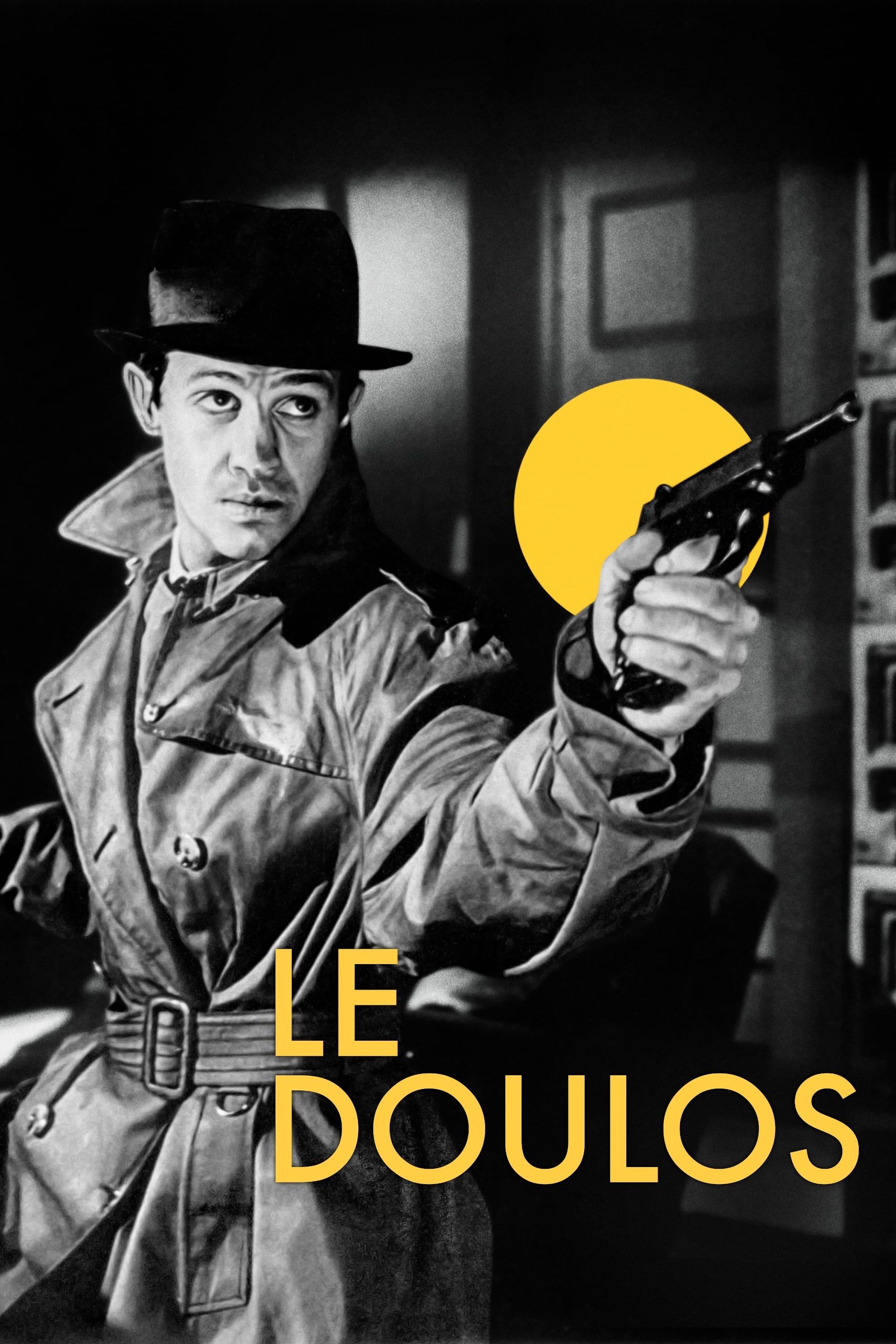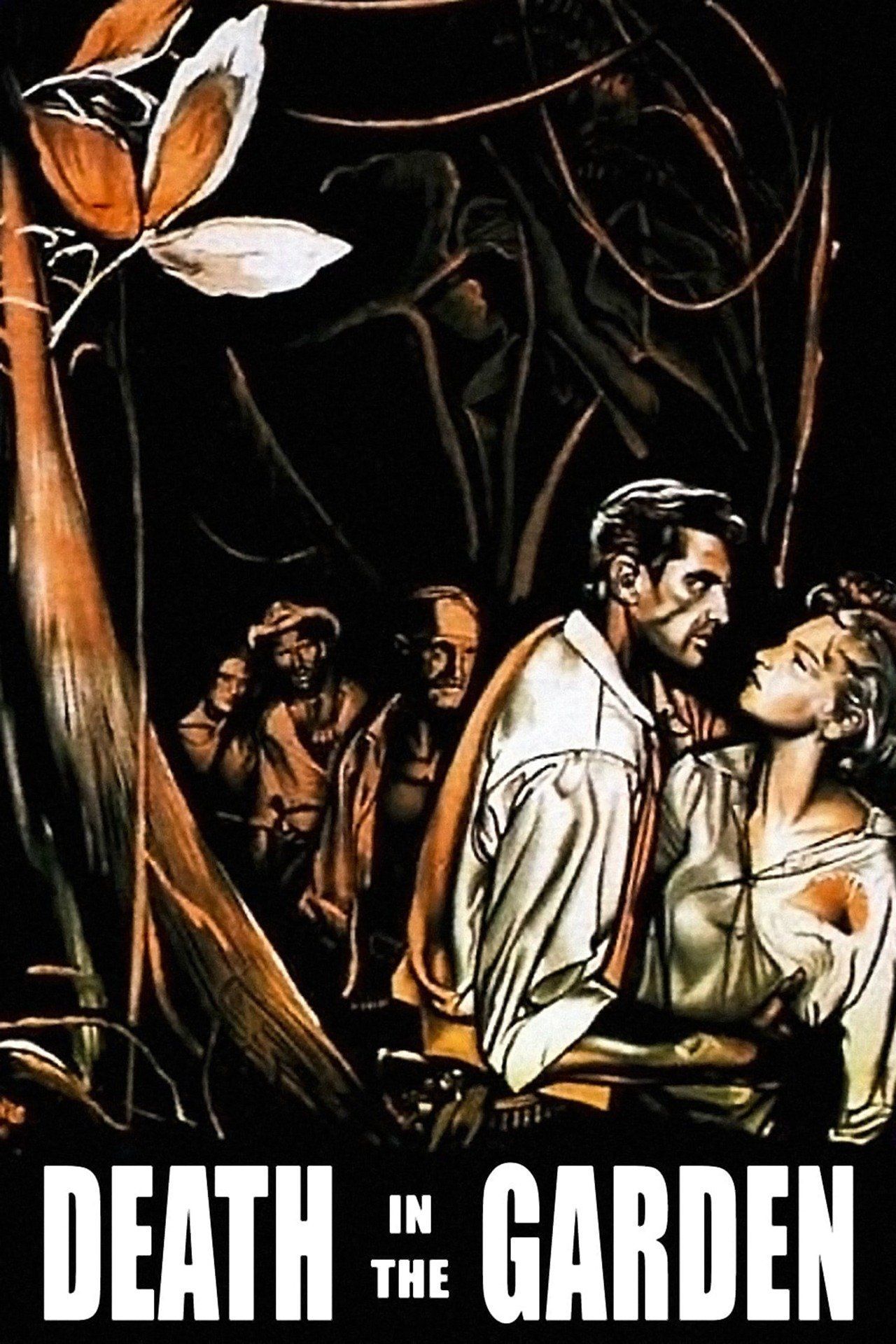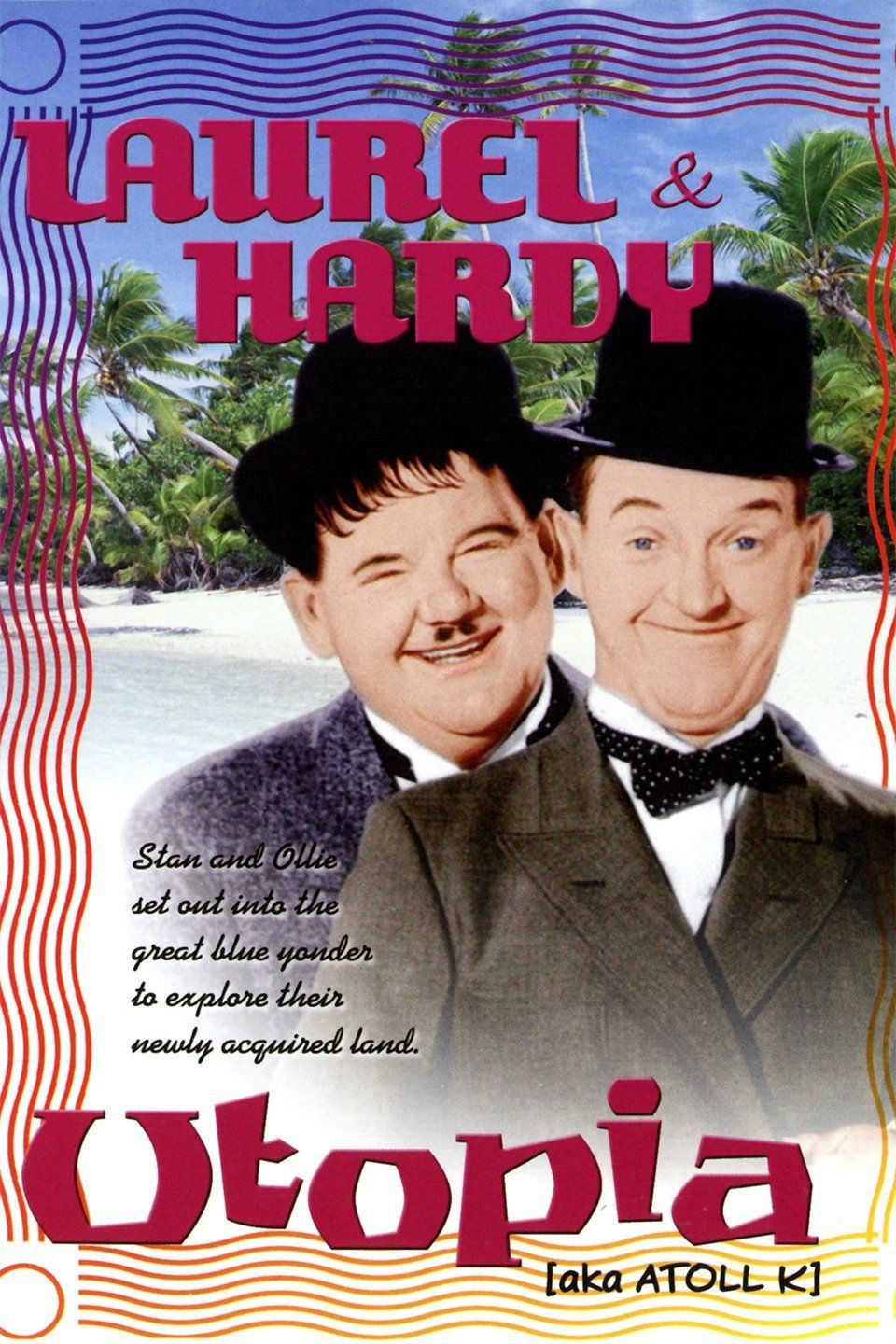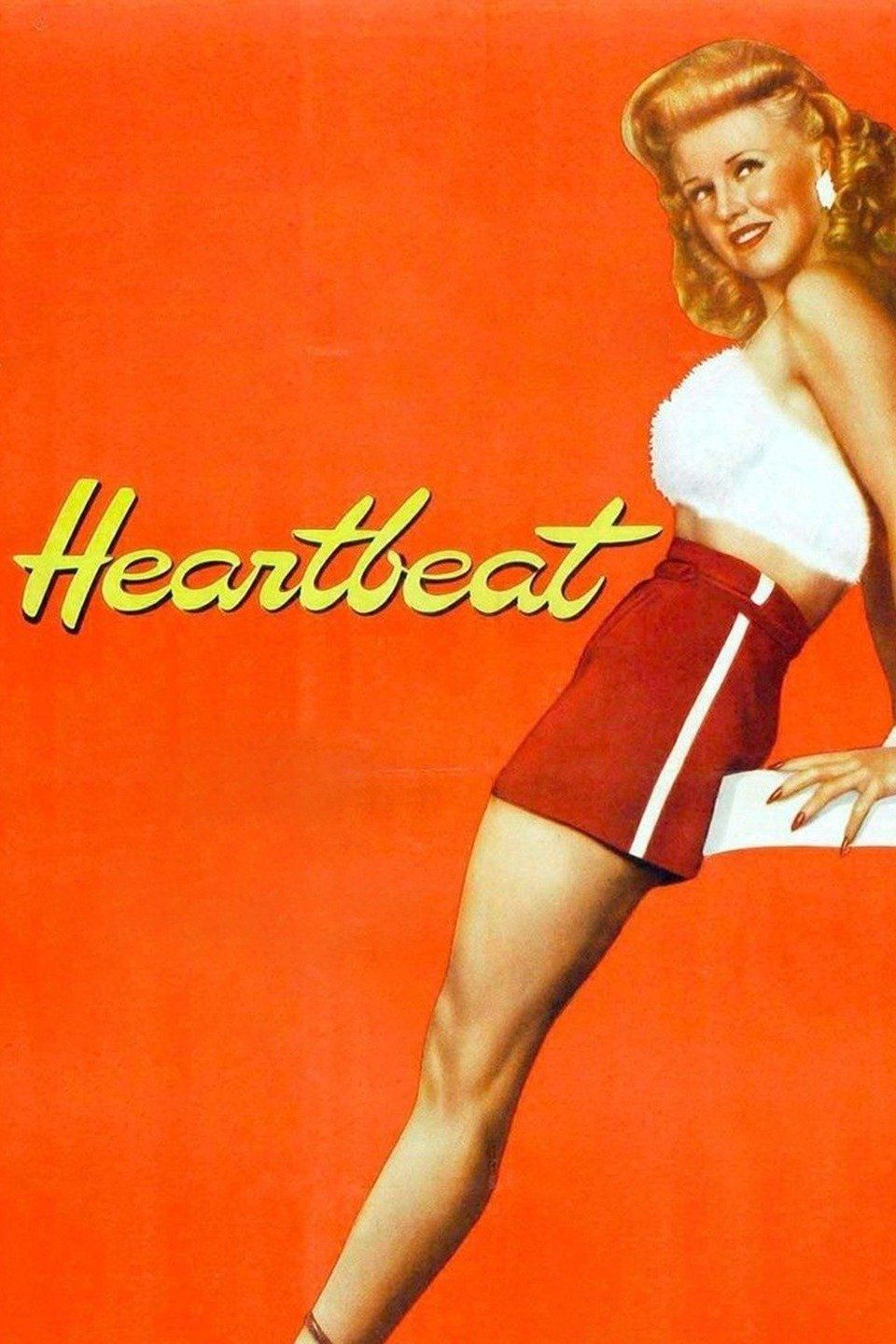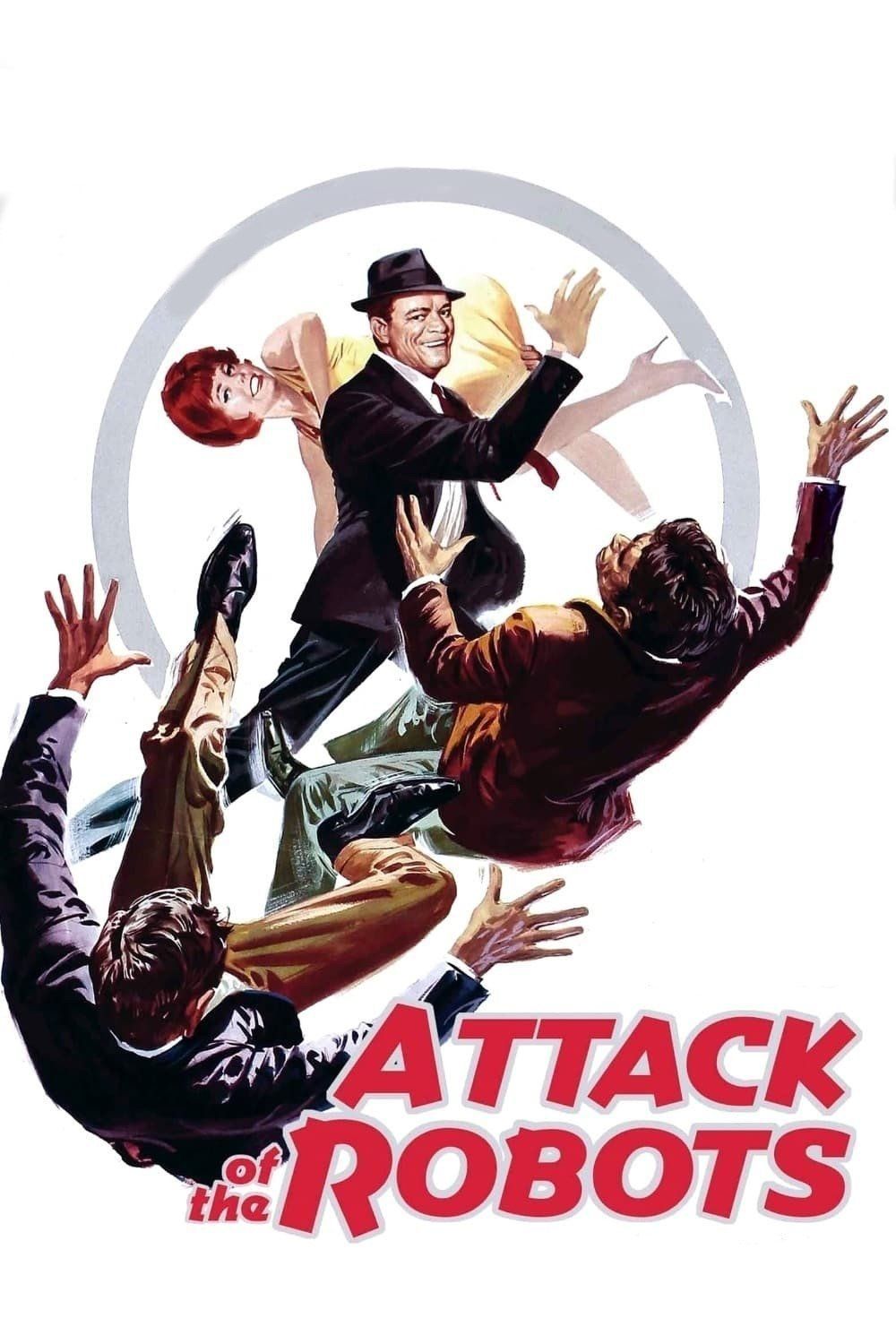PM

Paul Misraki
Composer, Additional Credits
Born January 28, 1908Died October 29, 1998 (90 years)
Paul Misraki (28 January 1908 – 29 October 1998) was a French composer of popular music and film scores. Over the course of over 60 years, Misraki wrote the music to 130 films, scoring works by directors like Jean Renoir, Claude Chabrol, Jacques Becker, Jean-Pierre Melville, Jean-Luc Godard, Henri-Georges Clouzot, Orson Welles, Luis Buñuel and Roger Vadim.
For his work, he was made a Chevalier de la Legion d'Honneur.
Born Paul Misrachi in Constantinople, Ottoman Empire (now Istanbul, Turkey) into a French Jewish family of Italian descent, Misraki showed an early aptitude for music. He went to Paris to study classical composition, and by the 1930s had become an established jazz pianist, arranger, and writer of popular songs; around this time he began composing film scores, with his first known work being for Jean Renoir's first sound film, On purge bébé (Baby's Laxative, 1931), for which he was not credited.
Like Renoir, Misraki fled France during the World War II German occupation. After a brief stay in Argentina, Misraki ended up in Hollywood, where he composed the music to all of Renoir's American films. After the war, Misraki returned to France, working busily throughout the 1950s, a period when he was routinely scoring half a dozen or more films a year. These included numerous films by Yves Allégret and Jean Boyer, as well as two films by Jacques Becker, Ali Baba and the Forty Thieves (Ali Baba et les 40 voleurs, 1954) and Montparnasse 19 (1958) and Orson Welles' Mr. Arkadin (1955). The 1960s saw Misraki slow down slightly, writing only 2–3 scores a year. During this period, he worked with many of the leading French directors of the period, including Jean-Luc Godard on Alphaville (1965), Jean-Pierre Melville on Le Doulos (1963) and Claude Chabrol, for whom he scored several films.
Misraki composed intermittently throughout the last two decades of his life. He composed his last score at age 85; by this point he had been working almost exclusively in television for several years. He died of natural causes at age 90 in Paris.
Misraki first found acclaim as a composer and lyricist of popular songs. His first hit was 1935's "Tout va très bien madame la marquise," and during his careers in France, America and Argentina he wrote successful songs in French, English and Spanish. In 1998, at the age of 90 years, Misraki collaborates with Singer Raquel Bitton on her American tribute to his songs in a CD entitled In a Jazzy mood. ...
Source: Article "Paul Misraki" from Wikipedia in English, licensed under CC-BY-SA 3.0.
For his work, he was made a Chevalier de la Legion d'Honneur.
Born Paul Misrachi in Constantinople, Ottoman Empire (now Istanbul, Turkey) into a French Jewish family of Italian descent, Misraki showed an early aptitude for music. He went to Paris to study classical composition, and by the 1930s had become an established jazz pianist, arranger, and writer of popular songs; around this time he began composing film scores, with his first known work being for Jean Renoir's first sound film, On purge bébé (Baby's Laxative, 1931), for which he was not credited.
Like Renoir, Misraki fled France during the World War II German occupation. After a brief stay in Argentina, Misraki ended up in Hollywood, where he composed the music to all of Renoir's American films. After the war, Misraki returned to France, working busily throughout the 1950s, a period when he was routinely scoring half a dozen or more films a year. These included numerous films by Yves Allégret and Jean Boyer, as well as two films by Jacques Becker, Ali Baba and the Forty Thieves (Ali Baba et les 40 voleurs, 1954) and Montparnasse 19 (1958) and Orson Welles' Mr. Arkadin (1955). The 1960s saw Misraki slow down slightly, writing only 2–3 scores a year. During this period, he worked with many of the leading French directors of the period, including Jean-Luc Godard on Alphaville (1965), Jean-Pierre Melville on Le Doulos (1963) and Claude Chabrol, for whom he scored several films.
Misraki composed intermittently throughout the last two decades of his life. He composed his last score at age 85; by this point he had been working almost exclusively in television for several years. He died of natural causes at age 90 in Paris.
Misraki first found acclaim as a composer and lyricist of popular songs. His first hit was 1935's "Tout va très bien madame la marquise," and during his careers in France, America and Argentina he wrote successful songs in French, English and Spanish. In 1998, at the age of 90 years, Misraki collaborates with Singer Raquel Bitton on her American tribute to his songs in a CD entitled In a Jazzy mood. ...
Source: Article "Paul Misraki" from Wikipedia in English, licensed under CC-BY-SA 3.0.
Paul Misraki Filmography
| 1966 | |
| 1962 | |
| 1961 | |
| 1959 | |
| 1958 | |
| 1958 | |
| 1958 | |
| 1957 | |
| 1956 | |
| 1955 | |
| 1953 | |
| 1952 | |
| 1949 | |
| 1948 | |
| 1938 |
| 1984 | La chance aux chansons (TV Series) · as Self |
| 1982 | Champs-Elysees (TV Series) · as Self |
| 1976 | César Awards (TV Series) · as Self |
| 1975 | Système 2 (TV Series) · as Self |
| 1991 | Aujourd'hui peut-être... · as Composer |
| 1984 | Stress · as Original Music Composer |
| 1979 | Un si joli village... · as Composer |
| 1978 | Fire's Share · as Composer |
| 1977 | Le maestro · as Composer |
| 1976 | Maxim's Porter · as Composer |
| 1976 | Commissaire Moulin (TV Series) · as Composer |
| 1976 | Les vécés étaient fermés de l'intérieur · as Original Music Composer |
| 1974 | Bloody Murder · as Original Music Composer |
| 1974 | Juliette and Juliette · as Composer |
| 1972 | Murder Is a Murder · as Original Music Composer |
| 1968 | The Day the Hot Line Got Hot · as Original Music Composer |
| 1967 | Seven Guys and a Gal · as Composer |
| 1965 | Dis-moi qui tuer · as Composer |
| 1965 | Alphaville · as Original Music Composer |
| 1965 | The Majordomo · as Composer |
| 1964 | Les baisers · as Composer |
| 1964 | Hardi Pardaillan! · as Composer |
| 1963 | The Murderer Knows the Score · as Original Music Composer |
| 1963 | Your Turn, Darling · as Composer |
| 1962 | |
| 1962 | Clash of Steel · as Composer |
| 1962 | Lemmy pour les dames... · as Original Music Composer |
| 1961 | Vengeance of the Three Musketeers · as Original Music Composer |
| 1961 | Rendezvous · as Composer |
| 1960 | The Boss · as Composer |
| 1960 | Love and the Frenchwoman · as Original Music Composer |
| 1960 | Towards Ecstasy · as Composer |
| 1960 | Women Are Like That · as Composer |
| 1960 | The Good Girls · as Original Music Composer |
| 1959 | Fever Mounts at El Pao · as Original Music Composer |
| 1959 | Web of Passion · as Original Music Composer |
| 1959 | The Cousins · as Original Music Composer |
| 1959 | Three Murderesses · as Original Music Composer |
| 1958 | Un drôle de dimanche · as Composer |
| 1958 | Sputnik · as Composer |
| 1958 | Honey, Scare Me · as Composer |
| 1958 | Montparnasse 19 · as Original Music Composer |
| 1957 | Quand la femme s'en mêle · as Composer |
| 1957 | A Bomb for a Dictator · as Original Music Composer |
| 1957 | Young Girls Beware · as Original Music Composer |
| 1957 | Sénéchal the Magnificent · as Original Music Composer |
| 1957 | La ironía del dinero · as Original Music Composer |
| 1956 | The Virtuous Bigamist · as Composer |
| 1956 | ...And God Created Woman · as Original Music Composer |
| 1956 | Plucking the Daisy · as Original Music Composer |
| 1956 | Death in the Garden · as Original Music Composer |
| 1956 | The Lebanese Mission · as Original Music Composer |
| 1956 | Thunderstorm · as Original Music Composer |
| 1955 | The Little Rebels · as Original Music Composer |
| 1955 | Mr. Arkadin · as Original Music Composer |
| 1955 | Danger Flight 931 · as Composer |
| 1955 | Square Fortune · as Original Music Composer |
| 1954 | Ali Baba and the Forty Thieves · as Original Music Composer |
| 1954 | Fly in the Ointment · as Composer |
| 1954 | Queen Margot · as Composer |
| 1954 | Obsession · as Original Music Composer |
| 1954 | Dames Get Along · as Composer |
| 1954 | Torments · as Composer |
| 1953 | We Go to Monte Carlo · as Composer |
| 1953 | Femmes de Paris · as Composer |
| 1953 | The Proud and the Beautiful · as Original Music Composer |
| 1953 | Une vie de garçon · as Composer |
| 1953 | Captain Slipper · as Composer |
| 1953 | The Long Teeth · as Composer |
| 1952 | She and Me · as Composer |
| 1952 | Crazy for Love · as Original Music Composer |
| 1952 | The Moment of Truth · as Original Music Composer |
| 1952 | French Touch · as Composer |
| 1952 | L'homme de ma vie · as Composer |
| 1951 | We Will All Go to Monte Carlo · as Original Music Composer |
| 1951 | Young Love · as Original Music Composer |
| 1951 | |
| 1951 | Savage Triangle · as Composer |
| 1951 | Dirty Hands · as Composer |
| 1951 | Paris Vice Squad · as Composer |
| 1951 | Dr. Knock · as Composer |
| 1950 | The Gamblers · as Original Music Composer |
| 1950 | Pigalle-Saint-Germain-des-Prés · as Composer |
| 1950 | The Prize · as Composer |
| 1950 | We Will All Go to Paris · as Original Music Composer |
| 1949 | Retour à la vie · as Composer |
| 1949 | Manon · as Original Music Composer |
| 1948 | Passport to Rio · as Songs |
| 1947 | Amours, délices et orgues · as Composer |
| 1946 | Devil and the Angel · as Composer |
| 1946 | |
| 1944 | End of the Night · as Original Music Composer |
| 1943 | Eclipse of the Sun · as Original Music Composer |
| 1940 | Beating Heart · as Original Music Composer |
| 1939 | La famille Duraton · as Composer |
| 1939 | Feux de joie · as Composer |
| 1939 | Place de la Concorde · as Composer |
| 1938 | I Was an Adventuress · as Original Music Composer |
| 1938 | She Returned at Dawn · as Original Music Composer |
| 1937 | Claudine à l'école · as Original Music Composer |
| 1937 | The House Across the Street · as Composer |
| 1934 | Midnight, Place Pigalle · as Composer |
| 1931 | Baby's Laxative · as Original Music Composer |
